What has Cupar Youth Café given young people during its first 20 years of existence? As an exhibition of young peoples’ stories launches to mark the anniversary, Michael Alexander finds out more.
While Cupar Youth Café has adapted to the changing needs of young people since it was opened by Scotland’s First Minister Henry McLeish on September 22, 2001, its ethos remains the same.
Delivering an extensive youth work programme of activities, the young person focused venue aims to encourage and support people aged 11 to 25 to reach their true potential, and to enable young people to develop and grow into confident individuals, successful learners, effective contributors and responsible citizens.
Covid-19 restrictions meant that the café, based at Castlehill, Cupar, couldn’t celebrate its 20th anniversary last year.
However, with life having slowly got back to some kind of normality, Cupar Youth Café is now presenting a special exhibition to celebrate its first 20 years.
Telling ‘real stories’
The 20 Stories for 20 Years display aims to tell “real stories” from Cupar’s young people who used the café between 2001 and 2021.
Youth workers spoke to current users and “reconnected” with previous young people including some now in their mid-to-late 30s.
The aim was for them to tell a story about their time at the café, the impression it’s left, what they learned and where they are in life now.
From this, 20 A2 boards have been created each featuring a story from a young person or former younger person who experienced Cupar Youth Café.
They include Carrie Ann-White who attended in 2001. She said: “I feel that Cupar Youth Café put me on the right path. It taught me lots of valuable lessons in life.”
Courtney Graham (2016), said: “Cupar Youth Café appeared at this crucial point and provided me with everything I needed to find the right path, and taught me how to take steps along it. There were plenty of tumbles, but always bigger triumphs.”
Shania McPhee, who started using the café in 2017, said: “I have met friends who I will keep in contact with like forever and most of all I have a complete new outlook on life.
“I can’t wait to do whatever I’m gonna do next but I will miss coming to Cupar Youth Café so much.”
Kerry Bell, who attended in 2019, added: “Looking back at my time with Cupar Youth Café, I realise how far I have come. I am truly grateful to all those who helped me and I would not be where I am today without their support.”
Delayed by Covid-19
The exhibition, to be viewed initially by invited guests at a private event in the café on September 22, has been created by Cupar Youth Café co-ordinator Gemma Frail, part of Cupar YMCA-YWCA.
Although a year later than hoped for, it’s apt that the celebration now links in to Scotland’s Year of Stories 2022 with its themes of place and belonging.
“The idea is that we are going to find a place for each board and make it like a trail around the café,” explains Gemma.
“The idea of the event is that we invite the Cupar worthies – councillors, MP, MSP – and Cupar young people.
“They can basically have a wee look at the youth café, make their way around these boards, and read the stories.
“Each board should be manned by the person that wrote it so there can be a bit of interaction about their experiences at the café and have a wee chat really.
“That’s the idea for the event on September 22. We’ll likely have an open day for the public at a future date.
“But it’s a bit of a showcase really.
“Twenty years of being in the community and still being here yet – still going strong, still getting people through the door, and the impact and legacy that’s left for folk who’ve been involved in our youth work across the Y and the café.”
Origins of Cupar Youth Cafe
Gemma, of Kennoway, who’s been working at Cupar Youth Café for seven years, explained how it was started by a group of young people who were doing youth work in the main building of Cupar YMCA/YWCA in Bonnygate.
“They embarked on a mission with a few adults to create a space that was just for them,” she says.
“They were using different rooms at the Y but looking for a kind of young person focussed venue.
“Eventually the building we are in now became available – it used to be the caretaker’s house at the Corn Exchange – and the council were looking to get a tenant in there and make it something more useful.
“A wee committee was created with some young people and some committee members at the Y. It evolved from there with an agreement between the Y and the council to take on this building. That was back in September 2001.”
Role of Charlie Milne
Gemma said the late Cupar solicitor Charlie Milne was a “big driving force” behind that process as he sat on the committee at the Y.
Speaking to The Courier in 2016, Dundee-born Charlie told how the youth café originated around 1997 at a time when he and Norma Graham (secretary of Cupar YMCA) were members of Cupar Community Council.
Charlie, who died suddenly in 2018 aged 63 while cycling in Spain, told how they thought the community council should be looking at more young peoples’ issues.
While they felt Cupar was well served with mainstream activities like Scouts, rugby and football, they recognized there was a need for a safe ‘chill-out’ place where the young people of Cupar could meet.
Charlie and Norma organised a survey of Bell Baxter High School pupils to see what they wanted.
Interestingly, the number one priority that came out was a cinema that gave rise to films being run in the Corn Exchange for a while.
The second priority kids wanted was a youth café, with the third being a skateboard park.
It took four years to get the café going. One of the things they wanted to do was include the young people in its development.
With premises eventually secured and funding issues overcome, it initially operated as a drop in facility three evenings per week before expanding.
Still going strong
Gemma explains that today, around 60 young people per week come through the doors with around 150 people on their books.
While the official age range is 11-25, most tend to be 18 or under, with some staying on to do volunteering or training up to the age of 25.
The language around young people has changed since 2001.
However, fundamentally what they offer remains the same.
“It’s a young person focused venue but it’s also young person led,” she says.
“We are responding to what it is they want to see in the café.
“If you think back to 2001, one of the main focusses was that it was an internet café.
“Young people didn’t necessarily have access to the internet and computers at home.
“That was maybe one of the main focuses way back then.
“Now we’re looking at employability programmes, we’ve got a gaming project, the music project has always been a big one. It’s about young people getting access to coming together.
“Expression through music and access to instruments and tutors. That’s always been a main one.
“And then it’s young people learning on their own terms really.
“Voluntarily participating in something where they are actually learning and developing themselves. They are leading the way on what it is they want to do.
“I also think one of the main pulls for the youth café is the fact that it is that general sort of place for them to come and hang out with their mates, with trusted adults there that are running the show.”
Pressures facing young people
In terns of funding, Cupar Youth Café has a service level agreement with Fife Council that feeds into their core funding.
It’s Gemma’s job manage grants and source other community donations to cover running costs.
Gemma, who attended Levenmouth YMCA as a teenager, has been passionate about youth work since her time at school.
Technology and social media mean life today is much more “quick paced” than it was even 20 years ago.
That can bring its own challenges and opportunities for young people.
Young people were also amongst those hardest hit by Covid-19 with disruption to education and a feeling of “catching up”.
The café set up a server to continue meeting online and giving the opportunity for a “daily check in” that was an alternative to parents or carers.
Young people are assets
Youth workers aim to “work alongside” young people.
But at the end of the day, young people continue showing the relevance of the café by voting with their feet.
“Often it’s the negative kids that get the spotlight,” says Gemma, “but look at all the positive stuff in the community.
“Young people are an asset and communities should be investing in this kind of thing.
“Young people are a big part of our town and we need to make sure there are ways for them to positively engage.”
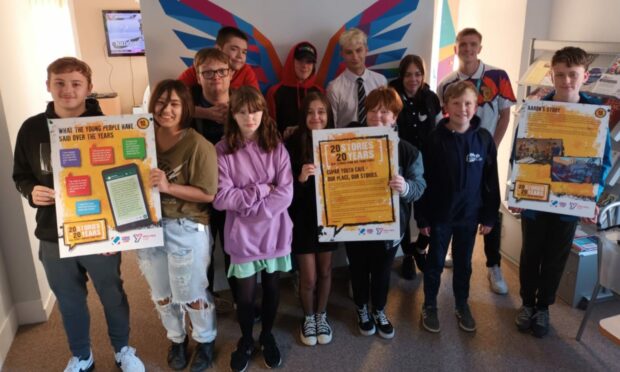



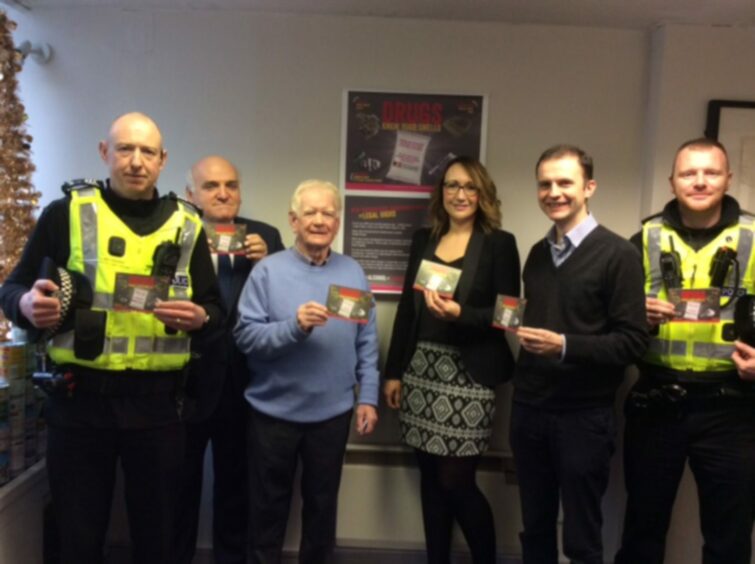

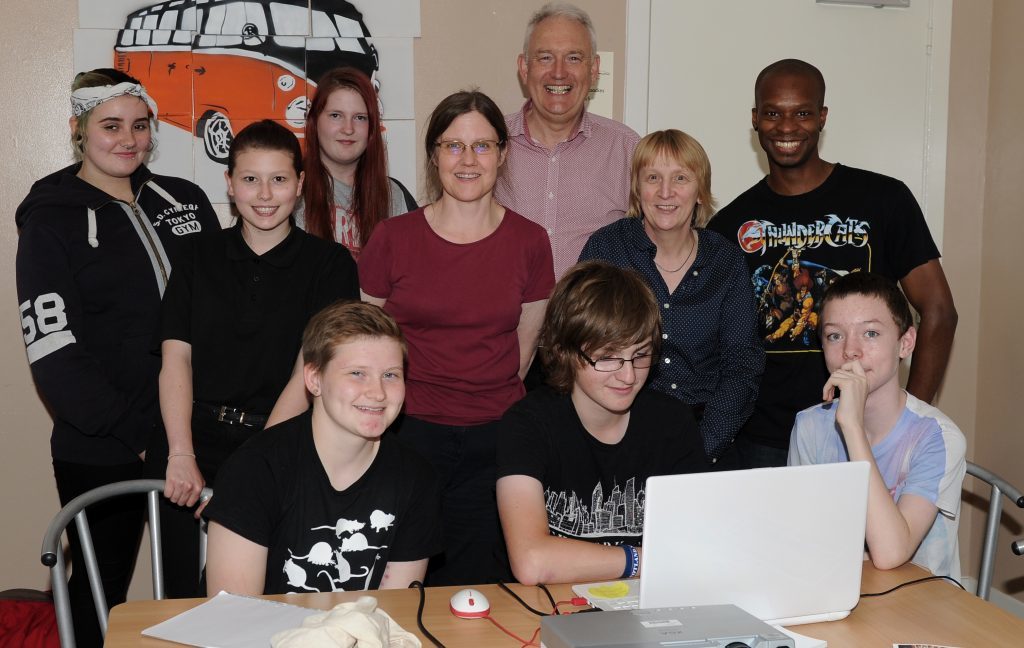
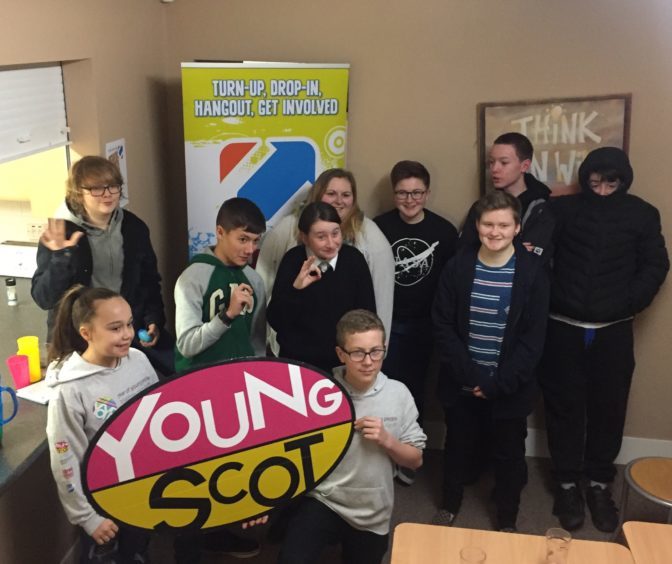
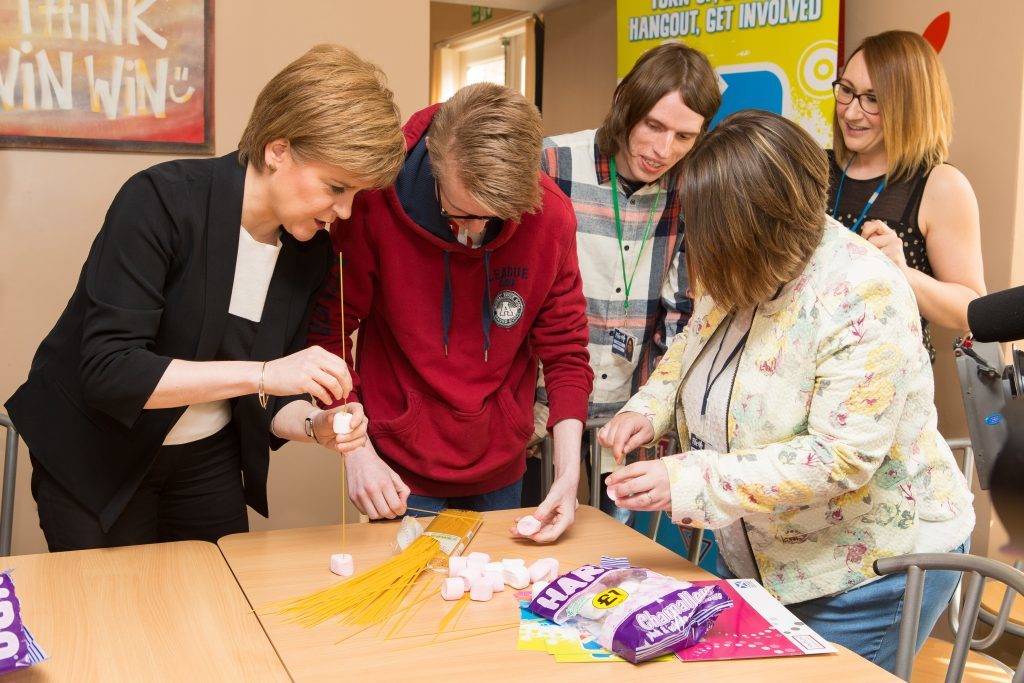
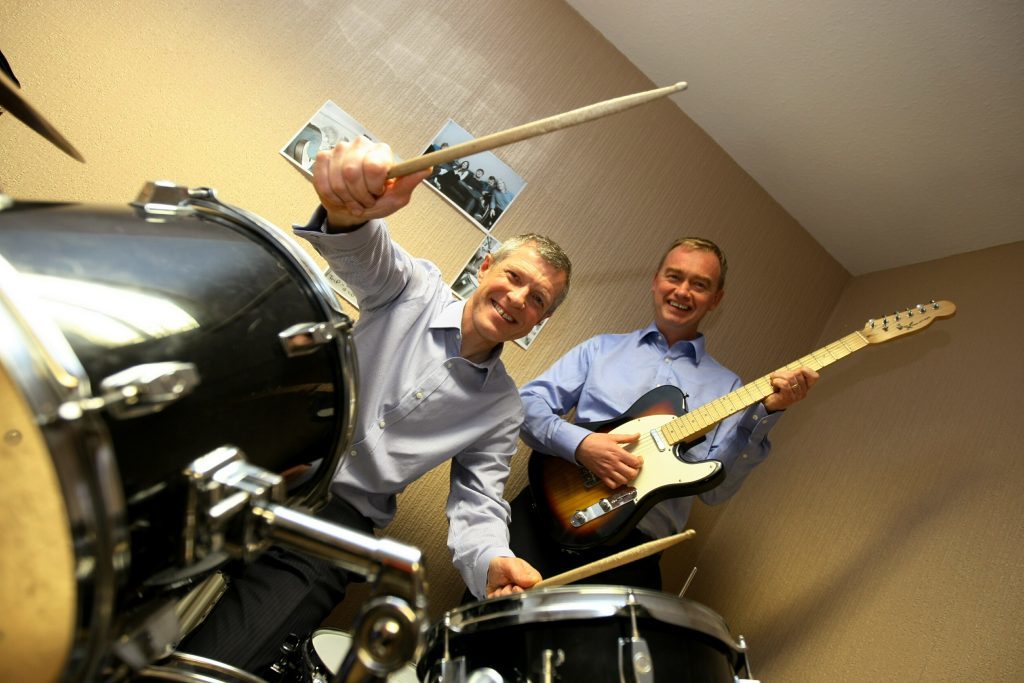
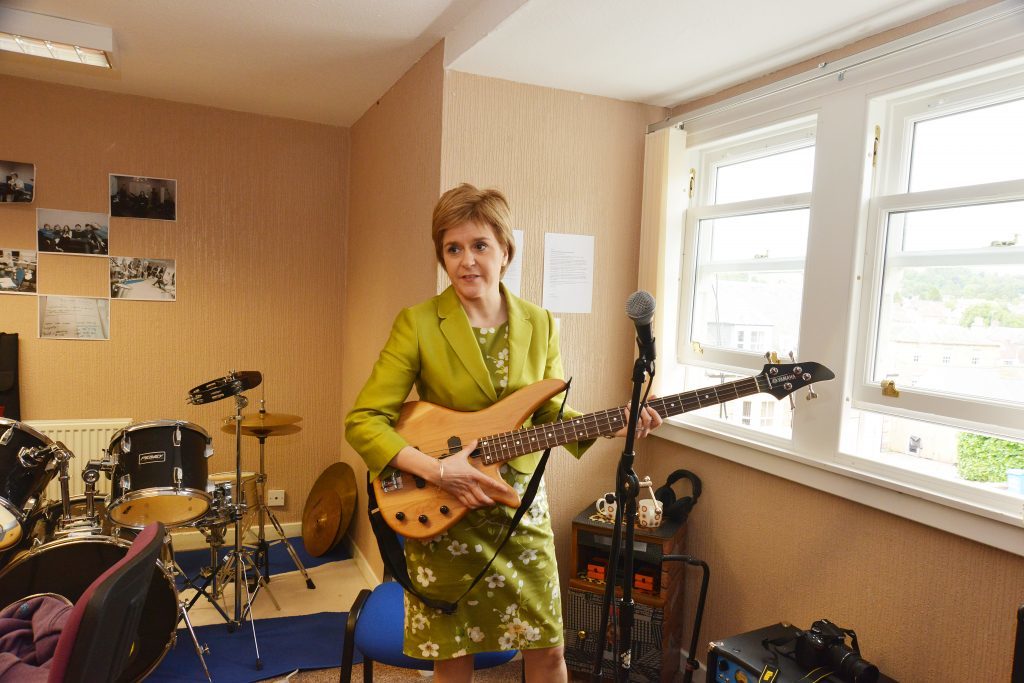
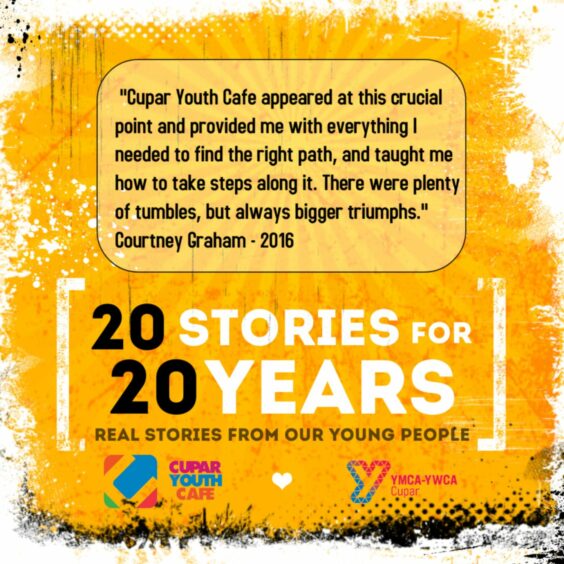
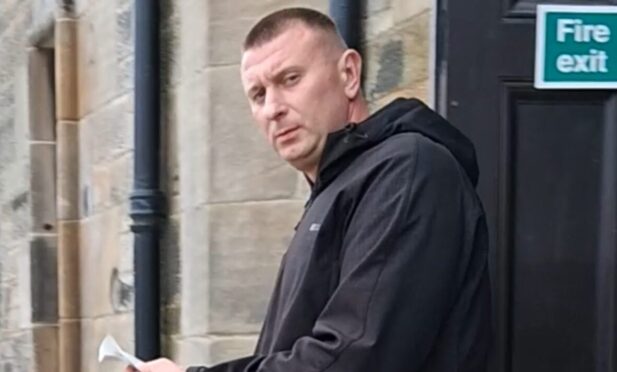
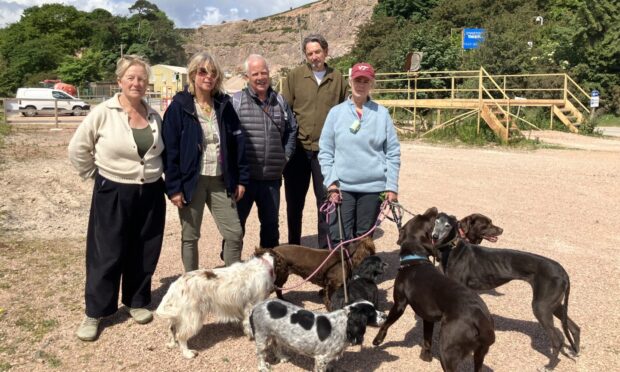
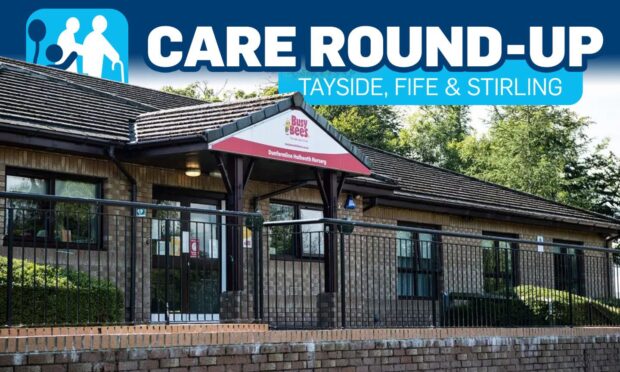

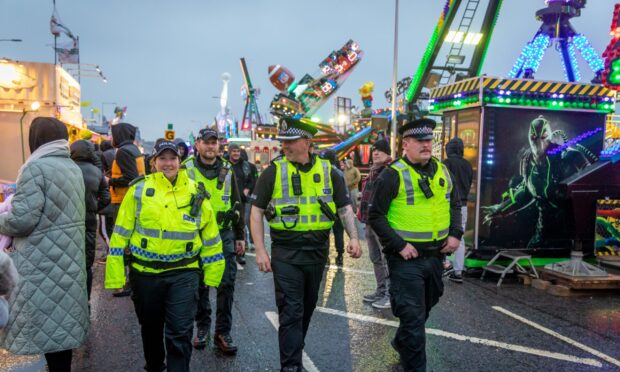
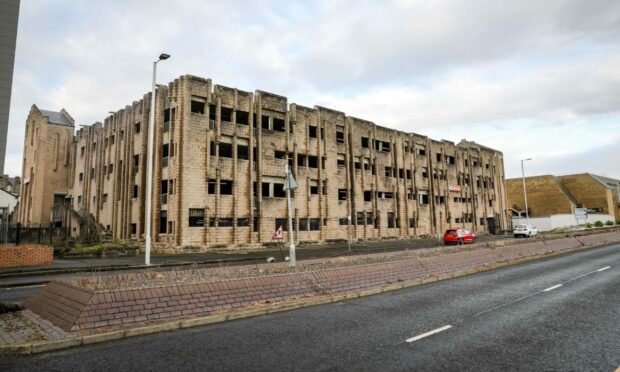
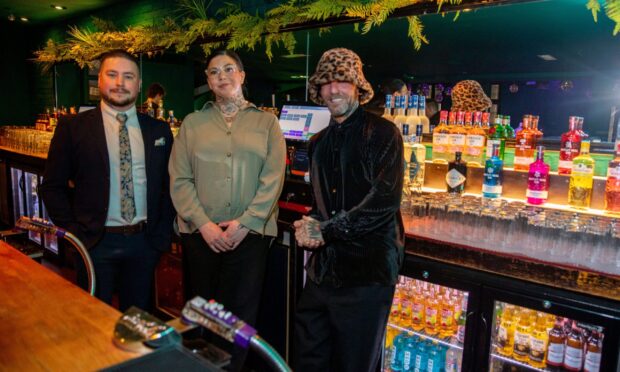
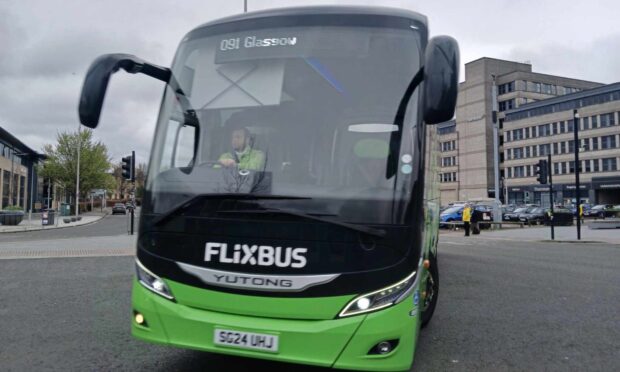
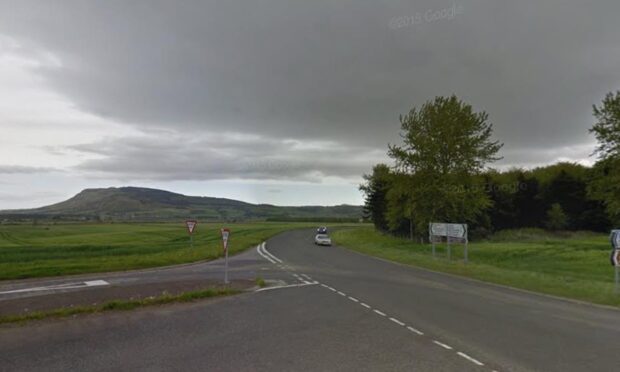

Conversation